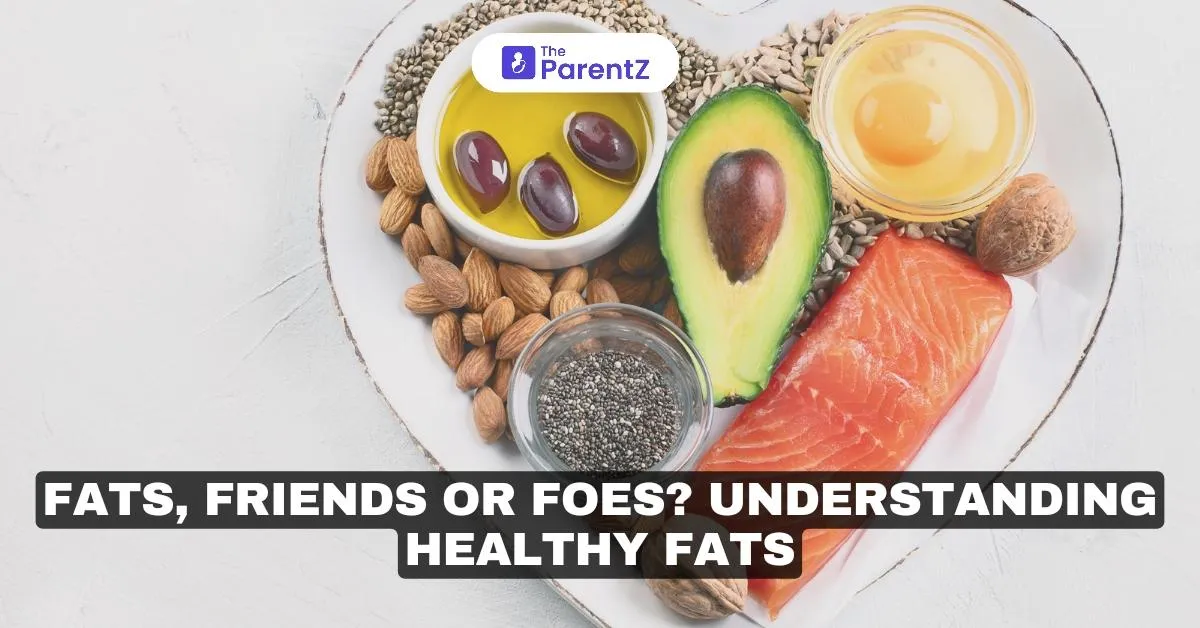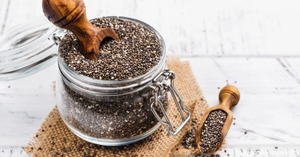Fats have often been painted as villains in the world of nutrition, linked to weight gain and heart disease. However, not all fats are bad. In fact, some are vital for your body’s optimal functioning. The key lies in understanding the types of fats and their roles in health.
What Are Fats and Why Are They Important?
Fats are one of the three essential macronutrients, alongside proteins and carbohydrates. They serve as a concentrated energy source, provide insulation, protect organs, and play a crucial role in the absorption of fat-soluble vitamins (A, D, E, and K). Additionally, fats are critical for brain health, hormone production, and reducing inflammation in the body.
Each gram of fat delivers 9 calories, making it the most energy-dense macronutrient. However, the type of fat consumed determines whether it promotes health or contributes to disease.
Types of Fats: Friends vs. Foes
Healthy Fats: Your Allies
Healthy fats provide essential nutrients, support various bodily functions, and protect against chronic diseases.
• Monounsaturated Fats (MUFAs)
These fats are heart-healthy and help reduce bad cholesterol (LDL) while increasing good cholesterol (HDL). They also support brain function and reduce inflammation.
• Sources: Olive oil, avocados, nuts (almonds, cashews), and seeds (sesame, pumpkin).
• Polyunsaturated Fats (PUFAs)
Essential fats that the body cannot produce, including omega-3 and omega-6 fatty acids. Omega-3s are particularly beneficial for heart and brain health, while omega-6s contribute to overall cellular function.
• Sources: Fatty fish (salmon, mackerel), walnuts, flaxseeds, chia seeds, and sunflower oil.
• Omega-3 Fatty Acids
A subset of PUFAs, omega-3s reduce inflammation, enhance brain function, and lower the risk of cardiovascular diseases.
• Sources: Fish like tuna and sardines, flaxseeds, walnuts, and algae oil.
Unhealthy Fats: The Adversaries
Certain fats can harm your health, particularly when consumed in excess or regularly.
• Trans Fats
Artificially created fats found in processed and fried foods. They increase bad cholesterol (LDL) while lowering good cholesterol (HDL), leading to inflammation, heart disease, and other chronic conditions.
• Avoid: Packaged snacks, margarine, fast food, and baked goods.
• Saturated Fats
Found primarily in animal products and some tropical oils, saturated fats can raise cholesterol levels when consumed excessively. Moderation is essential to avoid potential health risks.
• Sources: Red meat, butter, full-fat dairy, and coconut oil.
The Role of Healthy Fats in the Body
1. Energy Supply
Fats are a dense and long-lasting source of energy, especially during low-intensity activities or fasting.
2. Brain Function
The brain is composed of approximately 60% fat, making healthy fats essential for cognitive function, memory, and emotional health. Omega-3 fatty acids, in particular, promote neural development and protect against neurodegenerative diseases.
3. Heart Health
Monounsaturated and polyunsaturated fats improve cholesterol profiles, maintain arterial flexibility, and lower the risk of cardiovascular disease.
4. Hormone Regulation
Fats are necessary for producing hormones, including those that regulate metabolism, reproduction, and stress responses.
5. Inflammation Control
Healthy fats, especially omega-3s, help reduce inflammation, protecting the body from chronic illnesses like arthritis and heart disease.
How to Incorporate Healthy Fats into Your Diet
1. Opt for Natural Oils
Use olive oil, avocado oil, or sesame oil for cooking and dressings.
2. Include Fatty Fish
Add fish like salmon, mackerel, or sardines to your meals at least twice a week for a healthy dose of omega-3s.
3. Snack Smart
Choose nuts, seeds, or avocado slices as snacks instead of processed chips or cookies.
4. Balance Omega Ratios
While omega-6 fatty acids are essential, consuming too much relative to omega-3s can lead to inflammation. Focus on balancing your intake by prioritizing omega-3-rich foods.
5. Read Labels Carefully
Avoid foods with “partially hydrogenated oils” listed in the ingredients, as they indicate trans fats.
Common Myths About Fats
1. Myth: Eating Fat Makes You Fat
Truth: Excess calories, regardless of the source, contribute to weight gain. Healthy fats, when consumed in moderation, are crucial for overall well-being and even support weight management.
2. Myth: Low-Fat Diets Are the Healthiest
Truth: Low-fat diets often replace fats with sugar or refined carbs, which can harm your health. A balanced intake of healthy fats is far better.
Conclusion
Fats are not the enemy they’ve been made out to be. While unhealthy fats like trans fats and excessive saturated fats should be limited, healthy fats are indispensable for energy, brain health, and overall well-being. By understanding the difference between good and bad fats and making informed dietary choices, you can harness the benefits of fats as friends rather than foes.
Make room for healthy fats in your diet and enjoy the lasting benefits they bring to your body and mind.








Be the first one to comment on this story.